Science News: Recent scientific discoveries and expert analysis
Read the latest science news and recent scientific discoveries on Live Science, where we've been reporting on groundbreaking advances for over 20 years. Our expert editors, writers and contributors are ready to guide you through today's most important breakthroughs in science with expert analysis, in-depth explainers and interesting articles, covering everything from space, technology, health, animals, planet Earth, and much more.

Explainers | Everything you need to know about the science news that matters.
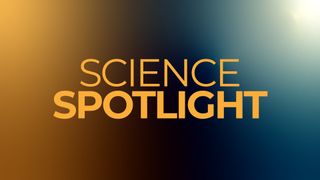
Science Spotlight | Shining a light on new science transforming our world.
Latest news
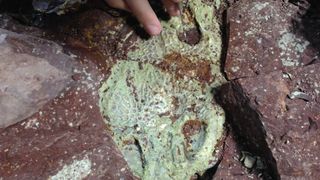
Alligator-size amphibians died together in Triassic Wyoming, puzzling 'bone bed' reveals
By Skyler Ware published
The discovery of nearly 20 alligator-size amphibians that died together during the Triassic in what is now Wyoming is providing scientists important clues about these creatures' lives.
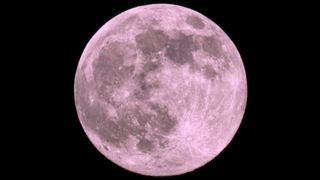
Full moons of 2025: When is the next full moon?
By Jamie Carter last updated
April's full moon is the Pink Moon, rising April 12. It will also be a micromoon, appearing slightly smaller than usual.
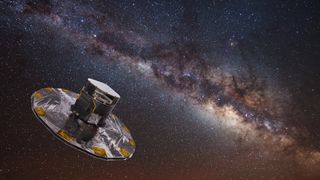
Gaia telescope retires: Scientists bid farewell to 'the discovery machine of the decade' that mapped 2 billion Milky Way stars
By Sharmila Kuthunur published
After 11 years mapping the Milky Way, the European Space Agency's Gaia space telescope has retired. Scientists hailed it as "the discovery machine of the decade."
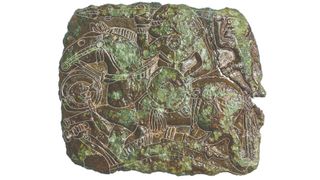
Mysterious origin of iconic Sutton Hoo helmet possibly revealed in new research
By Tom Metcalfe published
A metalworking die found in Denmark features a depiction of a horse and warrior that is remarkably similar to motifs on the Sutton Hoo helmet in England.

Your brain starts eating itself during a marathon, study finds
By RJ Mackenzie published
Under extreme metabolic conditions, like a marathon, the brain may turn to cellular fat stores to maintain function, according to a new study.

NASA's SPHEREx telescope 'opens its eyes on the universe', taking stunning debut image of 100,000 galaxies and stars
By Ben Turner published
SPHEREx's first images — containing roughly 100,000 points of light stars, galaxies and nebulae — have confirmed that the telescope is working according to its design.
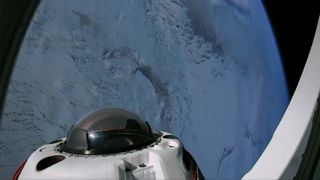
'A notch above a gimmick': Experts question scientific merit of billionaire's Fram2 'space adventure' around Earth's poles
By Harry Baker published
The recently launched Fram2 mission, which is funded and led by cryptocurrency billionaire Chun Wang, will attempt to grow mushrooms, test out hormone diapers and X-ray civilian astronauts. However, experts say that these novel experiments are unlikely to yield meaningful results.
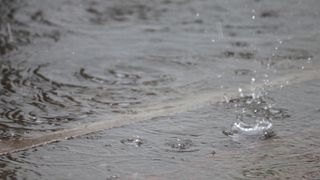
1-in-1,000-year flood about to hit central US
By Patrick Pester published
Forecasters have warned of historic flooding in the central US this week, anticipating multiple bouts of heavy rainfall and extreme thunderstorms.
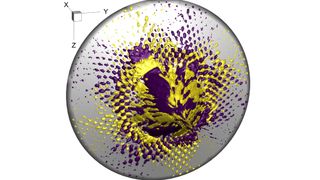
Hidden disturbances at hypersonic speeds found in new air flow simulation
By Skyler Ware published
Surprising results from hypersonic air flow simulations could help design stronger, faster and more durable supersonic vehicles.
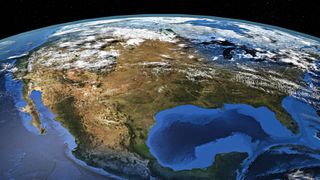
North America is 'dripping' down into Earth's mantle, scientists discover
By Sascha Pare published
Seismic mapping of North America has revealed that an ancient slab of crust buried beneath the Midwest is causing the crust above it to "drip" and suck down rocks from across the continent.
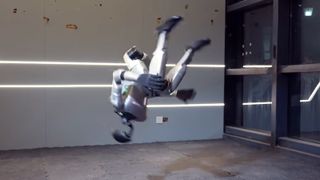
Watch this humanoid robot perform a side flip for the first time
By Alan Bradley published
Unitree's G1 demonstrates a new level of robotic agility with a complex movement following an AI software update.
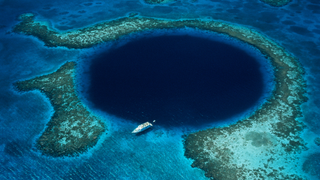
Scientists drilled into Belize's Great Blue Hole and discovered a worrying trend
By Jess Thomson published
Tropical storms have been steadily increasing in frequency over the past 5,700 years, new evidence from sediment in the Great Blue Hole reveals, with a massive spike in the past two decades.
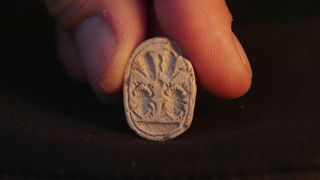
3-year-old picks up 'beautiful stone,' discovers 3,800-year-old scarab amulet in Israel
By Laura Geggel published
A 3-year-old girl in Israel found an ancient Canaanite amulet shaped like a scarab while she was out walking with her family.

Government scientists discover new state of matter that's 'half ice, half fire'
By Alan Bradley published
U.S. government scientists have developed a new phase of matter dubbed 'half ice, half fire,' which unites opposing electron spins in a unique magnet.
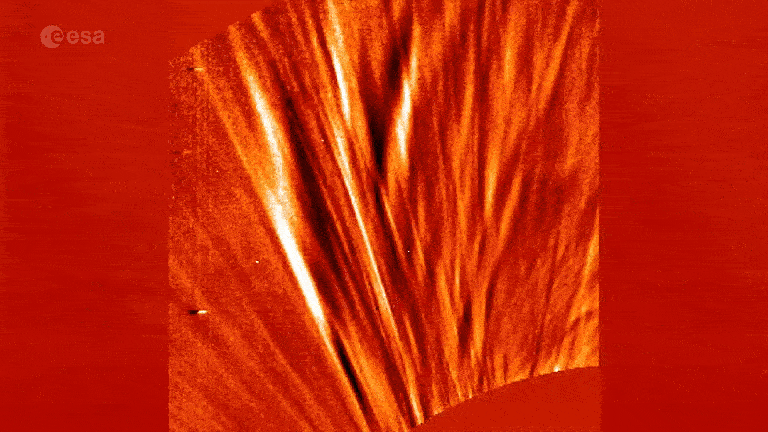
Watch eerie 'UFOs' and a solar 'cyclone' take shape in stunning new ESA video of the sun
By Harry Baker published
An eerie new video from ESA's Solar Orbiter shows a towering 'cyclone' of plasma exhibiting behaviors never seen before on our sun.
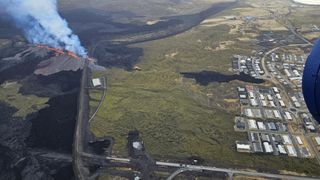
Lava bursts through Grindavík's defense barriers as new volcanic eruption begins on Iceland's Reykjanes Peninsula
By Pandora Dewan published
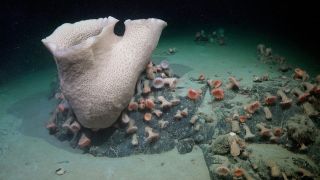
'We didn't expect to find such a beautiful, thriving ecosystem': Hidden world of life discovered beneath Antarctic iceberg
By Ben Turner published
The newfound ecosystem is filled with sea crabs, octopuses and gigantic sponges, suggesting it may have been thriving for centuries.

Scientists discover major differences in how humans and AI 'think' — and the implications could be significant
By Drew Turney published
Study finds that AI fundamentally lacks the human capability to make creative mental connections, raising warning signs for how we deploy AI tools.
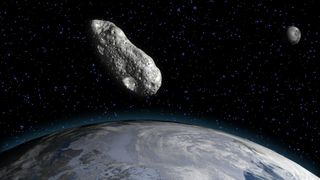
James Webb telescope takes emergency look at 'city-killer' asteroid 2024 YR4 ahead of close encounter in 2032
By Brandon Specktor published
The James Webb Space Telescope has taken its first look at the near-Earth asteroid 2024 YR4 before a perilous close approach in 2032. The telescope confirmed Earth is safe, but the moon may still be in trouble.
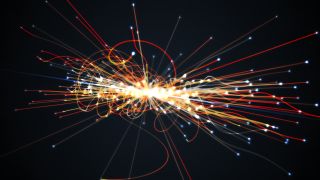
World's largest atom smasher makes 1st-of-its-kind 'beauty' particle discovery that could unlock new physics
By Ben Turner published
Why matter dominates over antimatter in our universe has long been a major cosmic mystery to physicists. A new finding by the world's largest particle collider has revealed a clue.
Sign up for the Live Science daily newsletter now
Get the world’s most fascinating discoveries delivered straight to your inbox.

